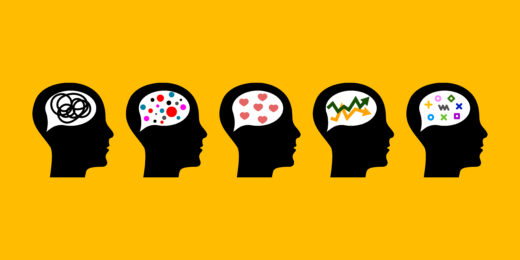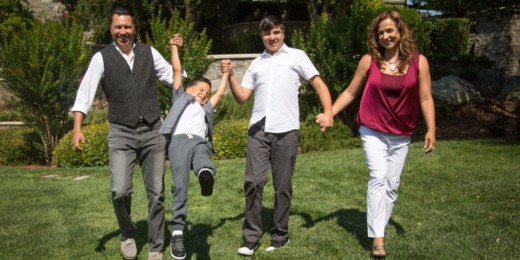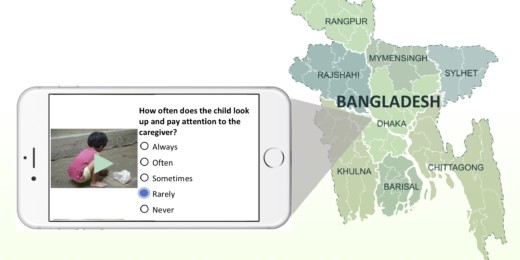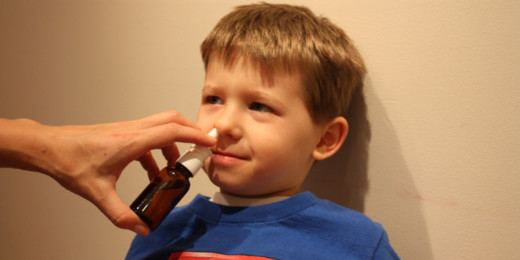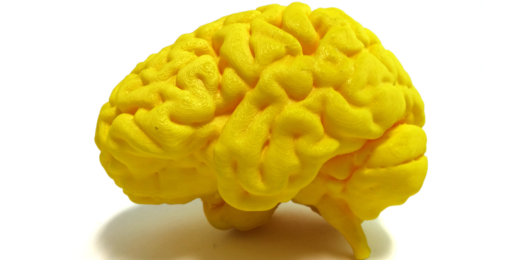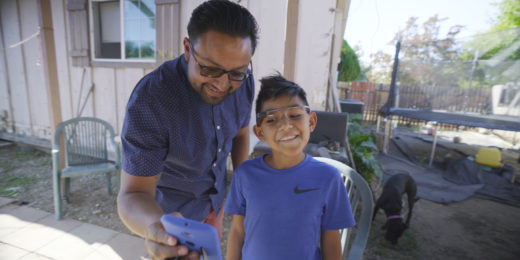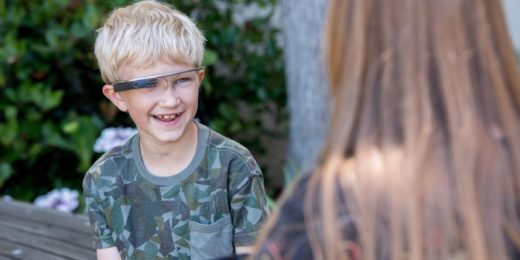Stanford Medicine neurodiversity and autism expert Lawrence Fung discusses what it means to be neurodiverse in medicine.
Category: Autism
Stanford team finds benefits to online autism treatment
Creating online worlds tailored to kids' interests allowed Stanford therapists to use telehealth to motivate children with autism to talk.
Program improves resilience for parents of kids with autism
Learning techniques to build resilience lowers the stress and anxiety of raising a child with autism, Stanford research found.
Two hormones may help kids with autism
One challenge of caring for children with autism is that medications don't exist to treat the disorder's core features of social impairment and restricted, repetitive …
16 new gene-based abnormalities found to increase risk for autism
Stanford scientists have found 16 new genetic variants linked to a greater risk for autism, a finding that could help identify biomarkers for the disorder.
Autism therapy given by parents and professionals can motivate kids to speak, Stanford study finds
A new Stanford study in children with autism showed the value of teaching parents how to use everyday interactions to motivate their children to speak.
AI-based autism detection shows promise across cultures
New Stanford research suggests a method of analyzing cell-phone videos of children could alleviate the bottleneck in autism diagnosis around the world.
Hormone may improve social behavior in autism
Giving an inhaled hormone to children with autism for four weeks improves their social behavior, a new study by Stanford researchers indicates.
Autism app blends play, social learning and research
Stanford biomedical data scientist Dennis Wall and his team are developing technology that could help experts study and treat autism simultaneously.
Mom’s voice is big deal for most kids; less so for those with autism
In most babies and kids, the sound of their mother's voice gets special treatment in the brain. But in autism, this distinctive brain response is lessened.
“Scientific serendipity” identifies link between type of RNA and autism
Long non-coding RNAs are important but poorly understood regulatory elements. Now Stanford scientists have uncovered they play a role in autism.
Helping kids with autism better understand facial expressions, “which is kind of fantastic”
A look at a new type of behavioral therapy designed to help children with autism understand emotions and interact better with others.
Home videos as a tool for autism diagnosis
Stanford biomedical data scientist Dennis Wall and his team are using brief home videos of kids to help make rapid diagnostic decisions about autism.
Is zinc the link to how we think? Some evidence, and a word of warning
Studies have associated low zinc levels with autism spectrum disorder. But why this should be the case has been unclear. Now, scientists may have an explanation for the link.
Google Glass helps kids with autism understand faces, Stanford study finds
A pilot trial shows that equipping Google Glass with a face-recognition app can improve social skills in kids with autism.
Differences in brain’s reward circuit may explain social deficits in autism
Children with autism have structural and functional abnormalities in the brain circuit that normally makes social interaction feel rewarding.


